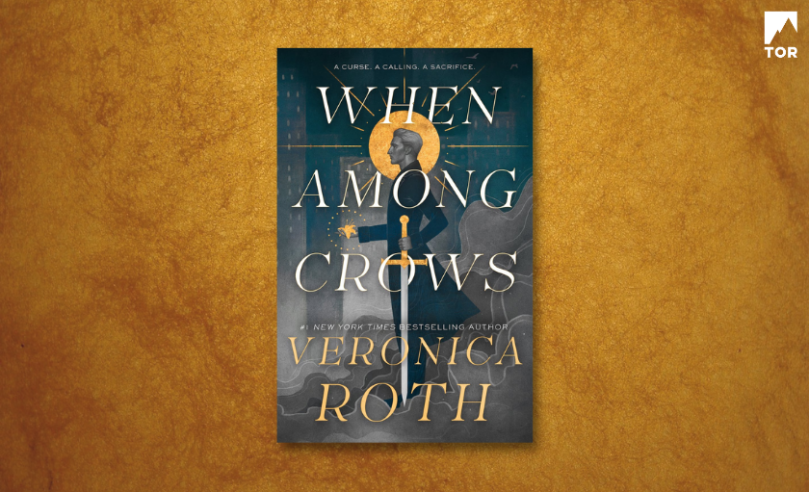
Excerpt Reveal: When Among Crows by Veronica Roth
Please enjoy this free excerpt of When Among Crows by Veronica Roth, on sale 5/14/24

Please enjoy this free excerpt of When Among Crows by Veronica Roth, on sale 5/14/24
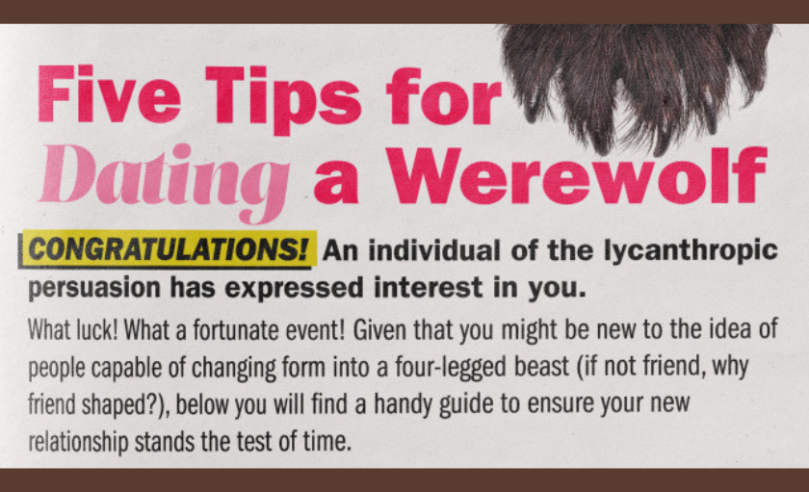
Congratulations! An individual of the lycanthropic persuasion has expressed interest in you. What luck!
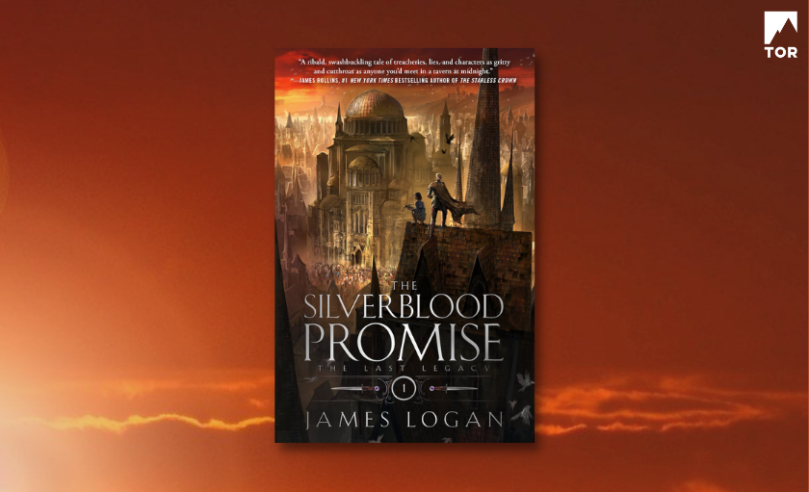
Please enjoy this free excerpt of The Silverblood Promise by James Logan, on sale 5/7/24

Please enjoy this free excerpt of Web of Angels by John M. Ford, on sale 4/30/24

Please enjoy this free excerpt of A View from the Stars by Cixin Liu, on sale 4/2/24
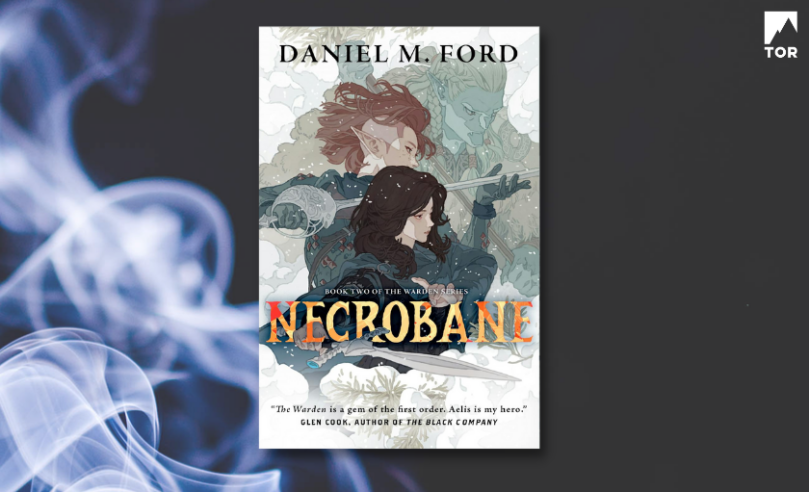
Please enjoy this free excerpt of Necrobane by Daniel M. Ford, on sale 4/23/24
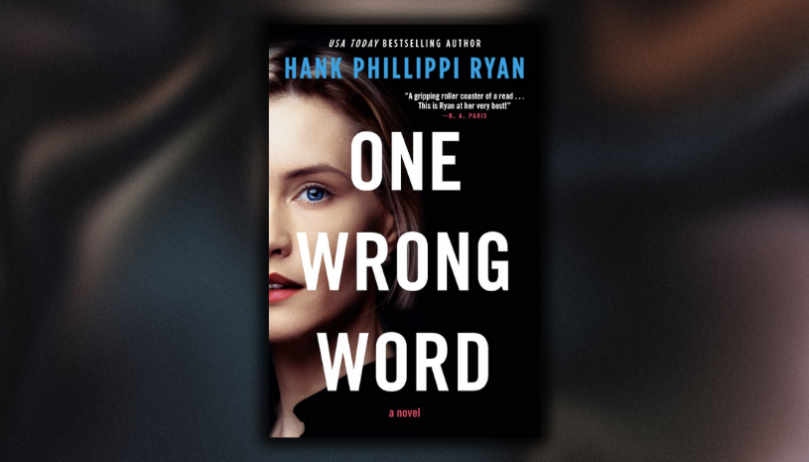
A heart-racing new psychological thriller from USA Today bestselling and multiple award-winning author, Hank Phillippi Ryan. Coming February 6th, 2024! One Wrong Word stars crisis management expert Arden Ward. And here, in her beloved office, she is about to get a surprise from her boss, Warren Carmichael. This scene picks up in the middle of the…
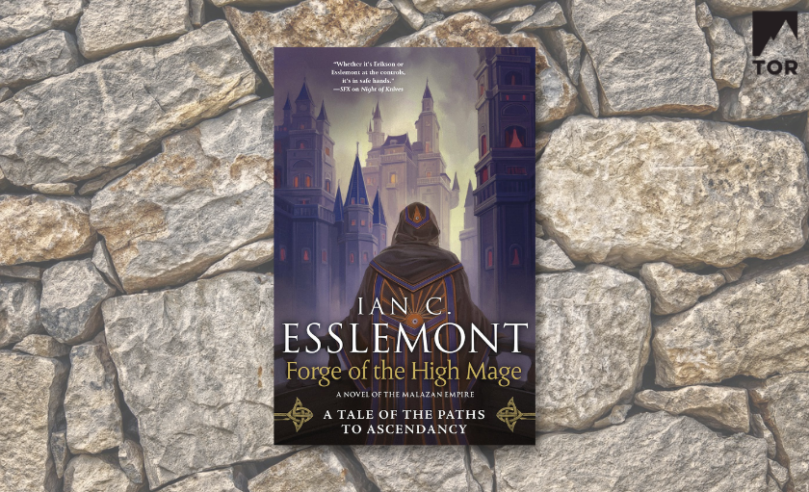
Please enjoy this free excerpt of The Forge of the High Mage by Ian C. Esslemont, on sale 1/9/24
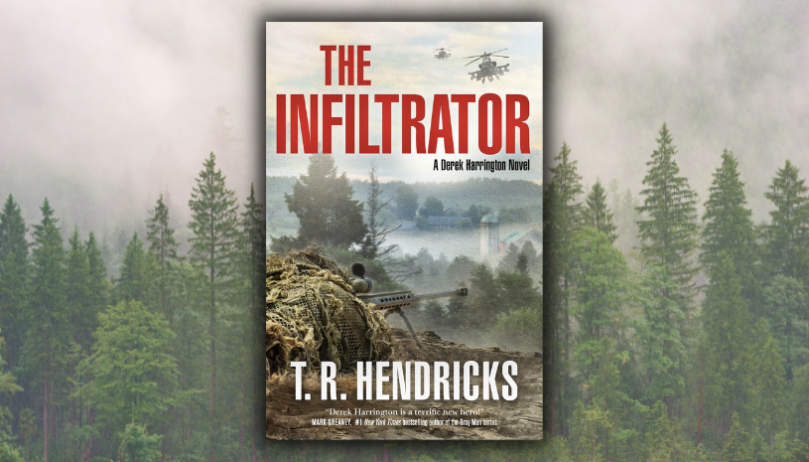
T. R. Hendricks’s Derek Harrington returns in The Infiltrator, an adventure of man vs wild—and the domestic terrorists hidden there. One year after the clash with his former students in upstate New York, retired Marine Warrant Officer and SERE instructor Derek Harrington is the tip of the FBI’s spear in their mission to eradicate the domestic terrorist…
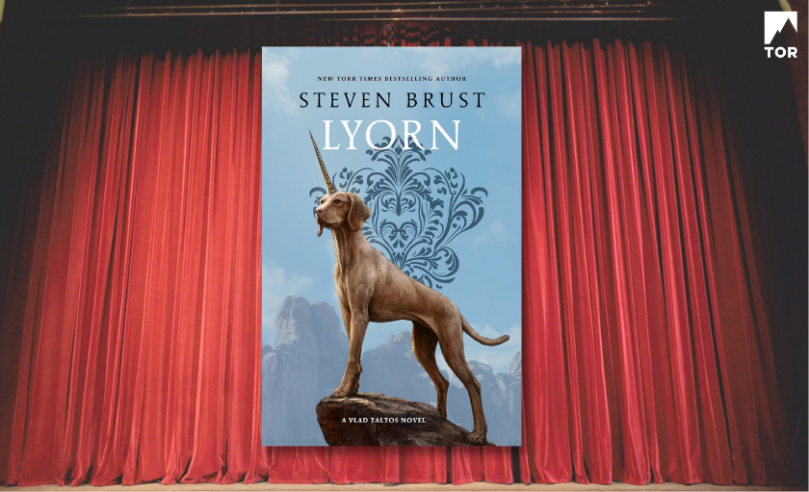
Please enjoy this free excerpt of Lyorn by Steven Brust, on sale 4/9/24